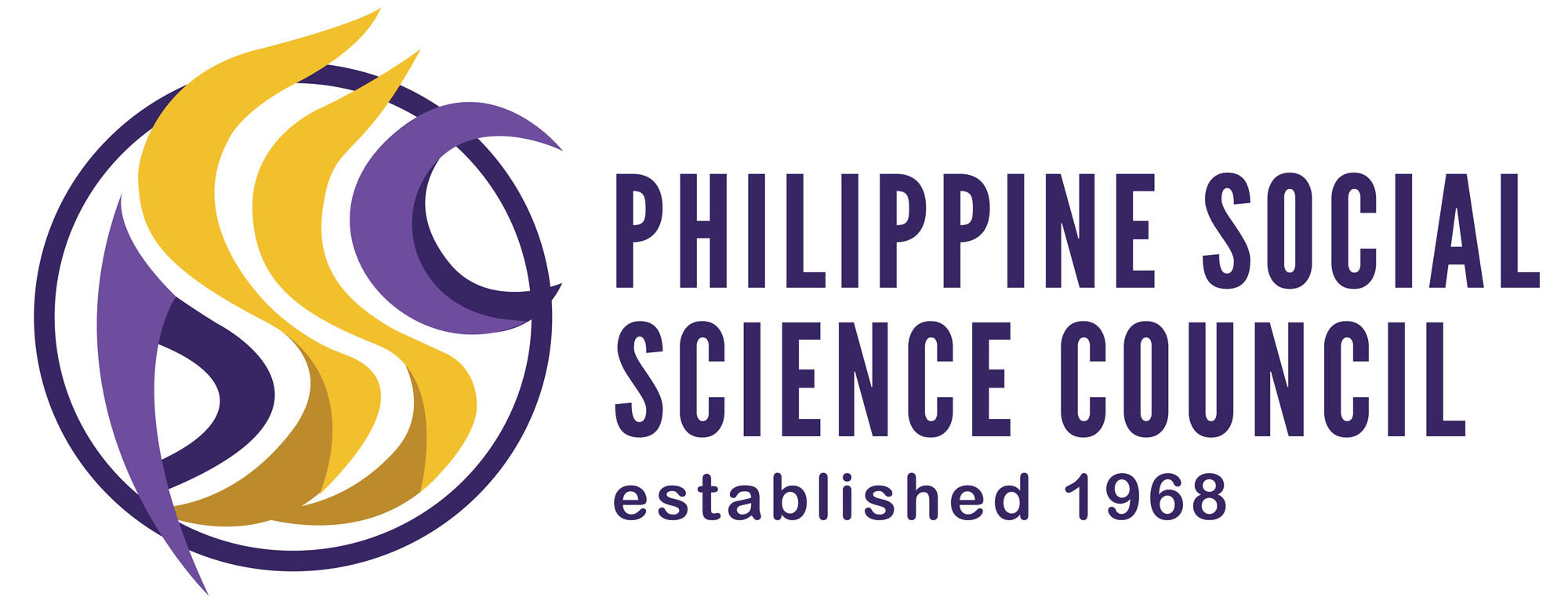
Filomeno V. Aguilar Jr.
Filomeno V. Aguilar Jr. is an educator and scholar that focuses on international relations, history, and peasant studies. He is a full-time faculty at the Department of History at Ateneo de Manila University wherein he holds administrative positions, particularly as Chair of the University Research Council and Editor at Philippine Studies: Historical and Ethnographic Viewpoints. He has a Bachelor’s Degree from Ateneo de Manila University and a Master’s Degree from the University of Wales[1]. He continued his studies at Cornell University in 1992 acquiring his Ph.D[2]. Afterward, he taught for ten years overseas at the Department of Sociology at the National University of Singapore, and the Department of History and Politics at James Cook University in North Queensland, Australia[2]. After his return to the Philippines, he served as the President of the International Association of Historians of Asia from 2005 to 2006 and the Chair of the Philippine Social Science Council from 2006 to 2008[3]. Furthermore, he was on the editorial advisory boards of Southeast Asian Studies, the Journal of Current Southeast Asian Affairs, Inter-Asia Cultural Studies, and the Journal of Agrarian Change[3].
His research interest and expertise are interdisciplinary as it includes International Migration, Peasant Studies, Nationalism, and Southeast Asian Studies[1]. For instance, he has published articles entitled, “Le Riz, C’est la Vie. Une Approche Culturelle” [Rice is life. A cultural approach] and “The Fulcrum of Structure–Agency: History and Sociology of Sugar Haciendas in Colonial Negros” which focuses on culture and peasant studies in 2013[1]. Similarly, he has published articles entitled, “Keeping the State at Bay: The Killing of Journalists in the Philippines, 1998–2012” and “Migration Revolution: Philippine Nationhood and Class Relations in a Globalized Village” involving nationalism in 2014[1]. In his most recent publications, he has a notable contribution to History and Southeast Asian studies. He has released a book entitled, Dark Days of Authoritarianism: To Be in History, which discussed narratives and reminiscences of days under martial law in 2019[4]. Similarly in 2022, he has gone back to the significance of Philippine history through understanding the relationship of public school students towards characters in Rizal’s Noli me tángere[4].
[1] Aguilar Jr, Filomeno V. Ateneo de Manila University. (2021, March 29).
[2] Filomeno V. Aguilar. Center for Art and Thought. (n.d.).
[3] Aguilar, Filomeno. Global Citizenship Observatory. (2018, March 7).
